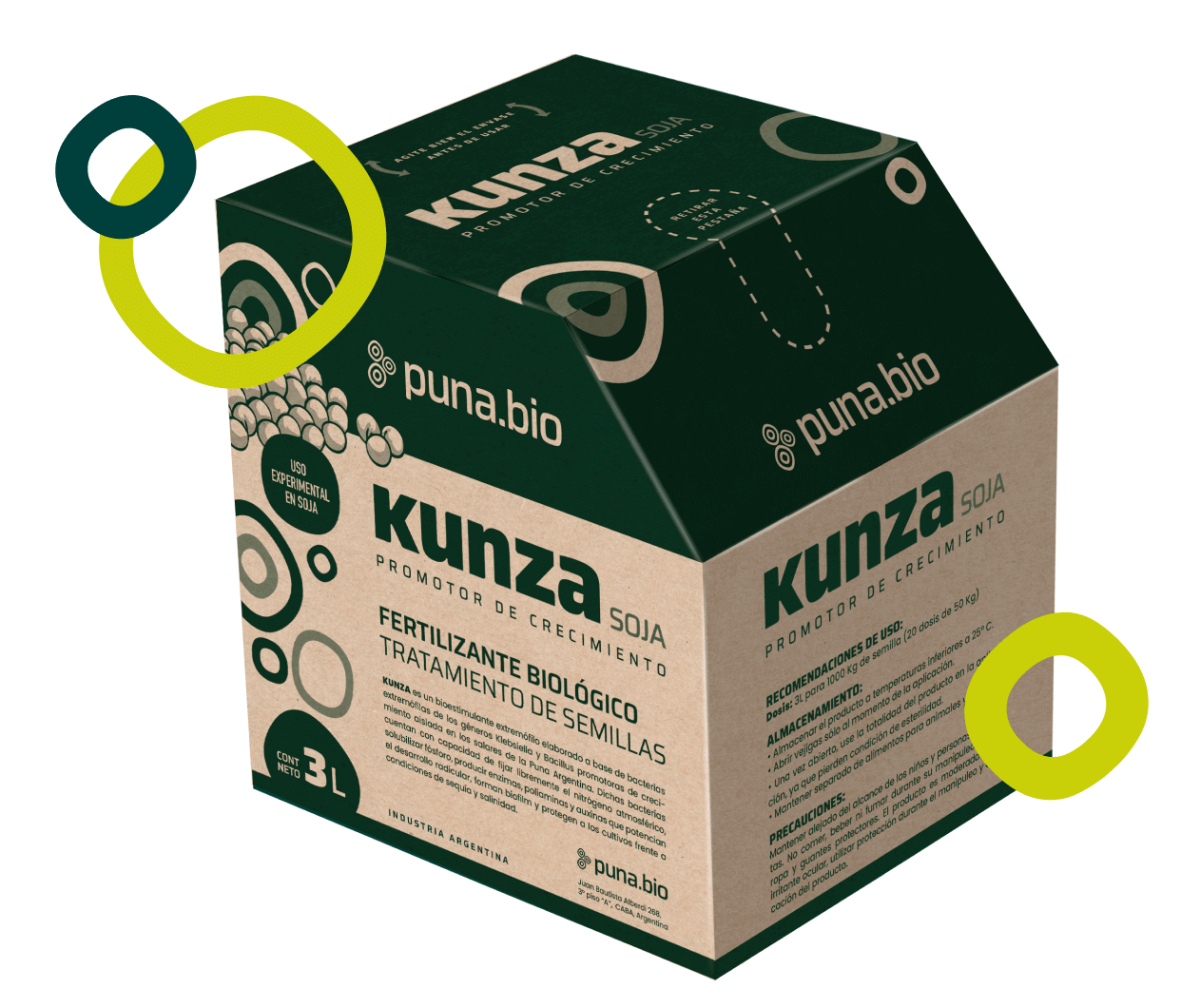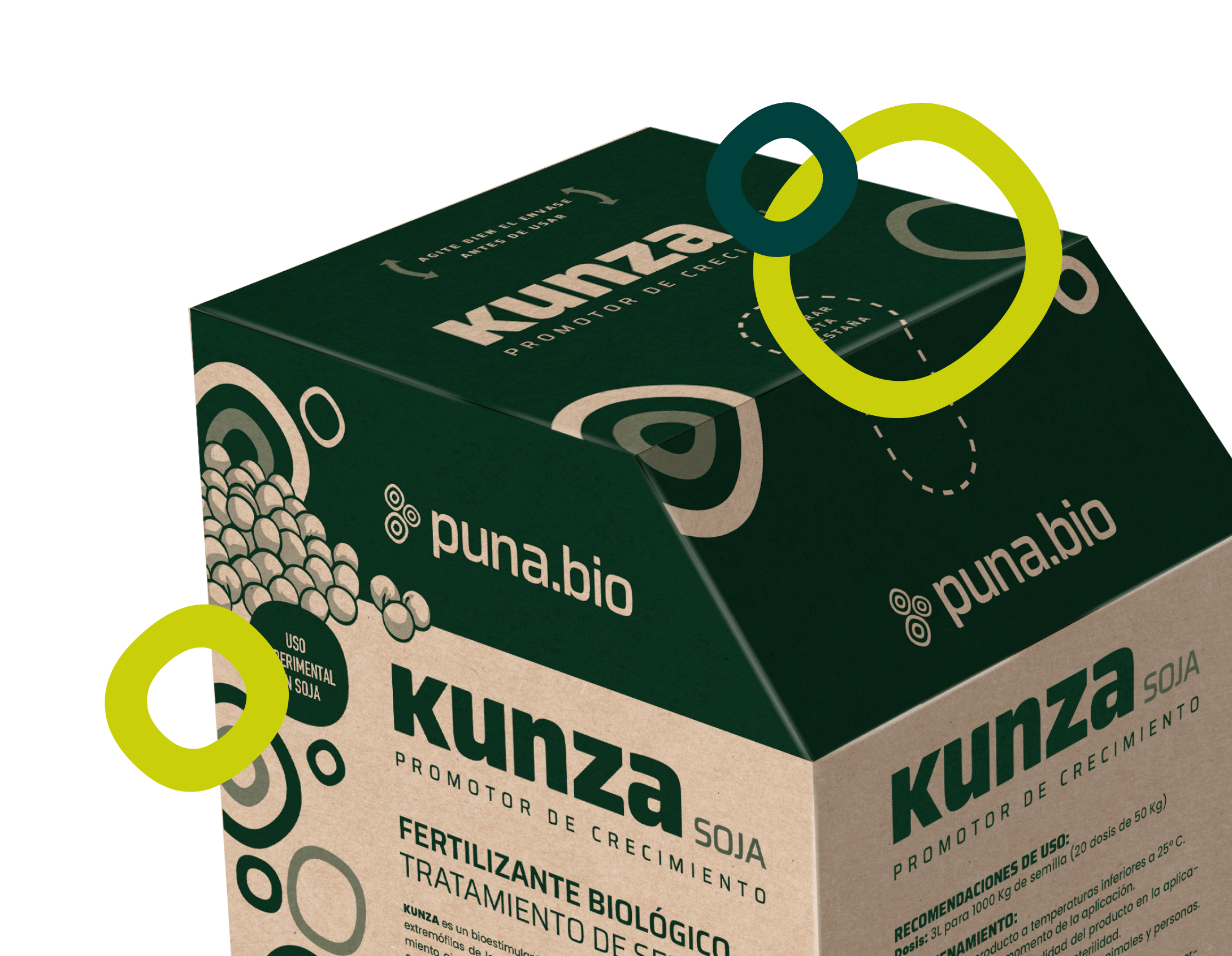We are creating the
future of biologicals,
using resources from
more than 3.5 billion
years ago


Soil is a non-renewable
natural resource.
However, current agricultural practices
have accelerated the degradation of soil,
a non-renewable natural resource. Modern
methods have led to a decline in fertility
and to the loss of organic matter.
According to the Food and Agriculture Organization
of the United Nations, the world population will
surpass 9 billion people by 2050, causing
demand for food to increase by 60-70%.
33% of the world’s arable land is
already degraded by salinization
and chemical pollution.
Year 2020
33%
That number could increase
to 90% before 2050, putting
global food supply at extreme risk.
Year 2050
90%
Soil regeneration
and sustainable
yield improvements
Increasing the amount of arable land and improving
the current land’s represent two of the possible ways
to respond to such demands.
Technology innovations like precision agriculture,
water reutilization, bioenergy and the development
of sustainable biological inputs will allow expansion
of the agricultural frontier, increased crop frequency,
and higher grower profitability.

In the near future, biotechnology will work together
with genetics to enable the development of new crop
varieties. And biologicals will play a key role:
elevating production levels without affecting natural
resources while ensuring the long-term sustainability
of the agricultural business.

At PunaBio are actively
involved in creating
this future.
Our technology, based upon the use of
extremophiles, has the potential to
overcome these challenges.
By developing bioinoculants and biofungicides,
PunaBio will be capable of enriching agriculture
in a sustainable way. Our products are designed
to improve yields in fertile and degraded soil,
reducing the use of agrochemicals.
We aim to be a relevant change maker as we help
to increase arable land at a global scale,
contributing to the environment and improving
the quality of life through sustainable
agriculture practices.


